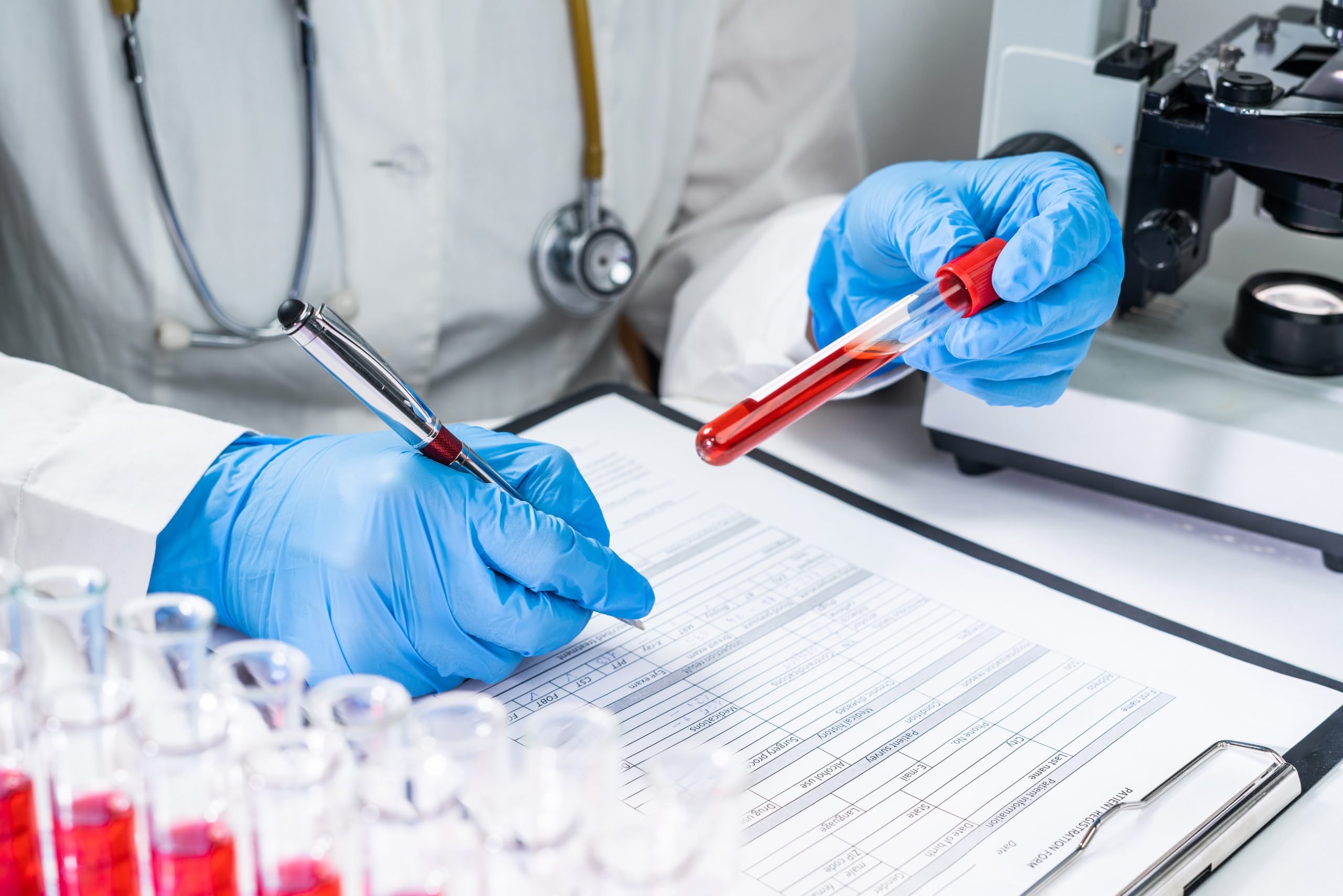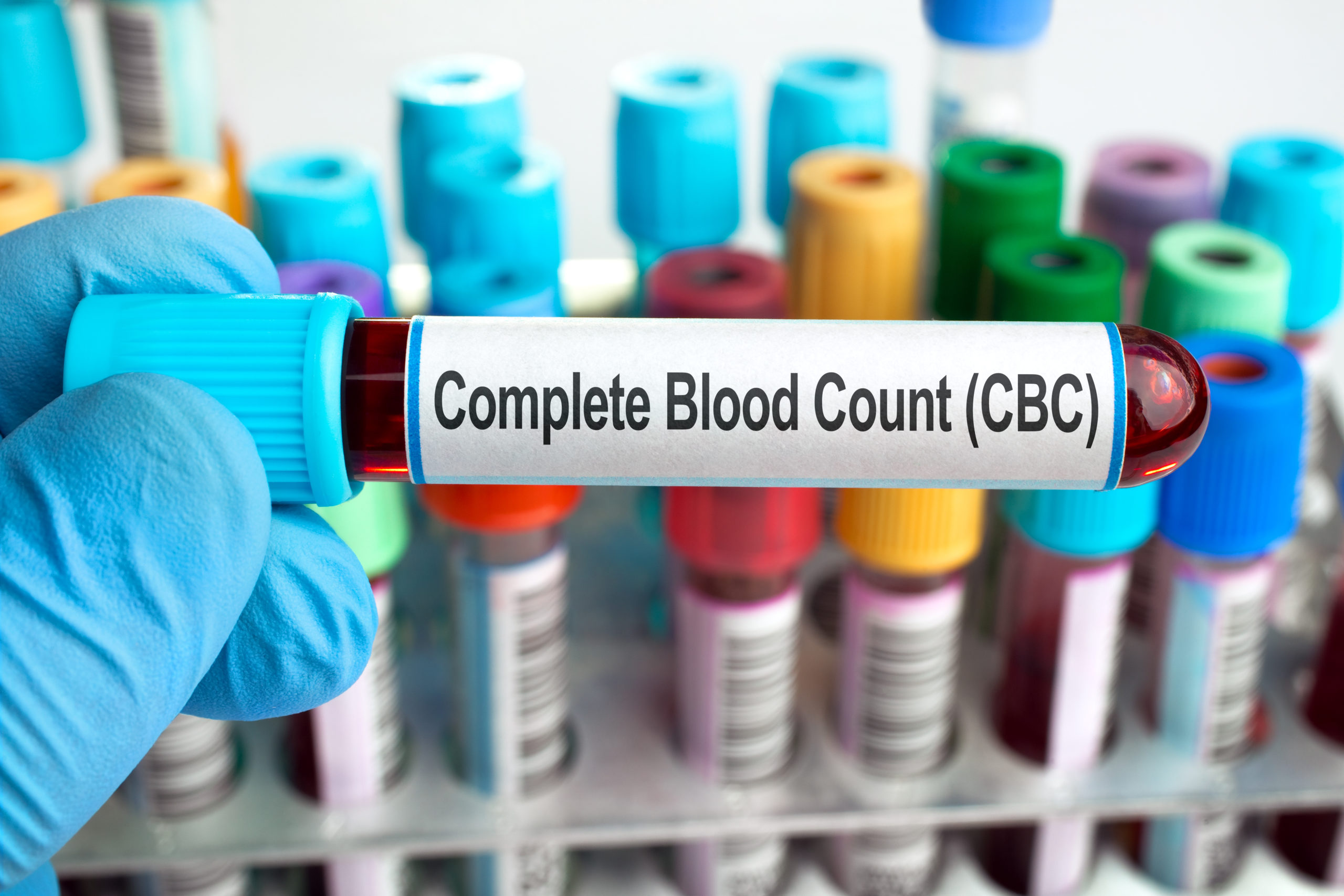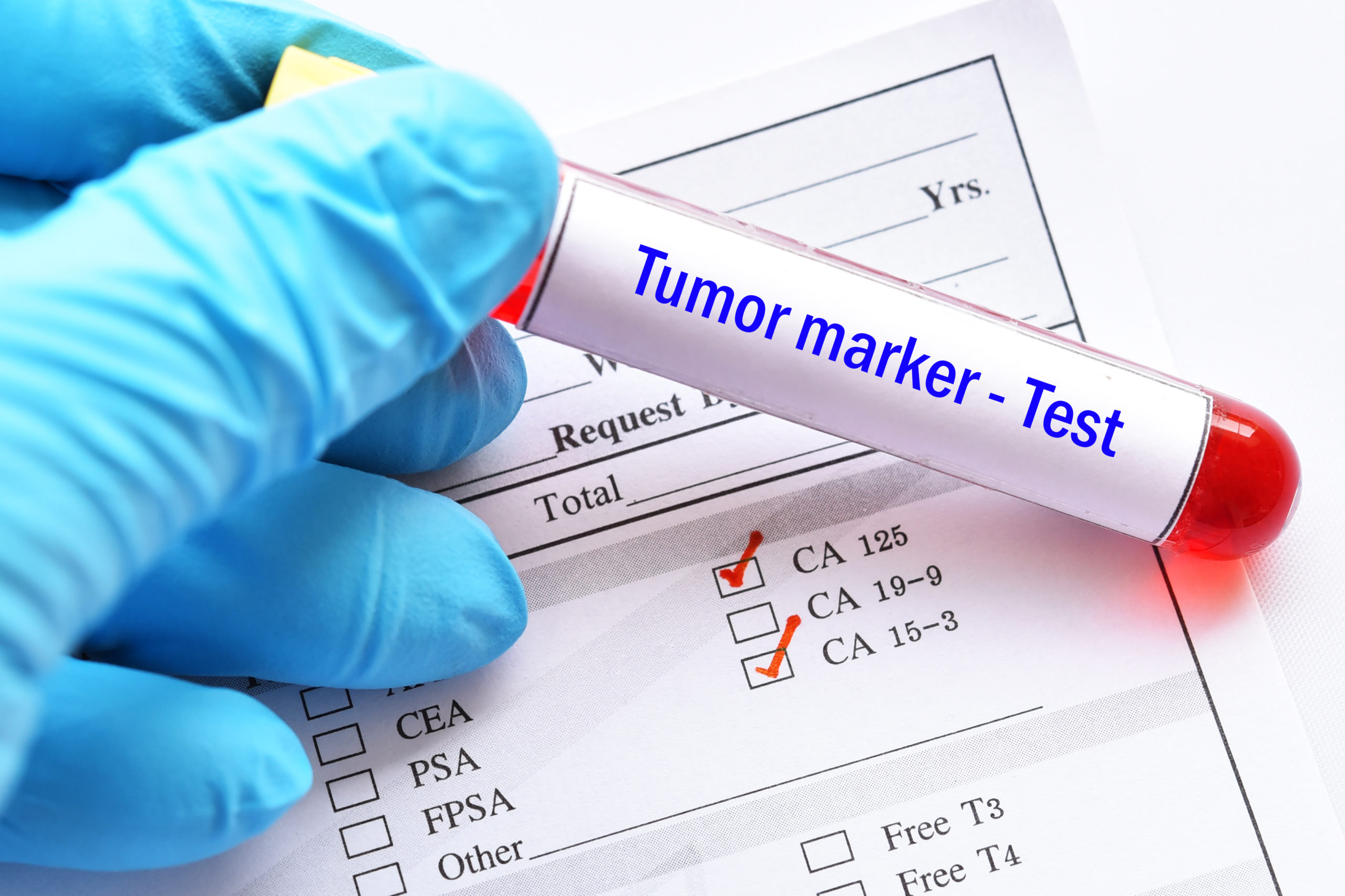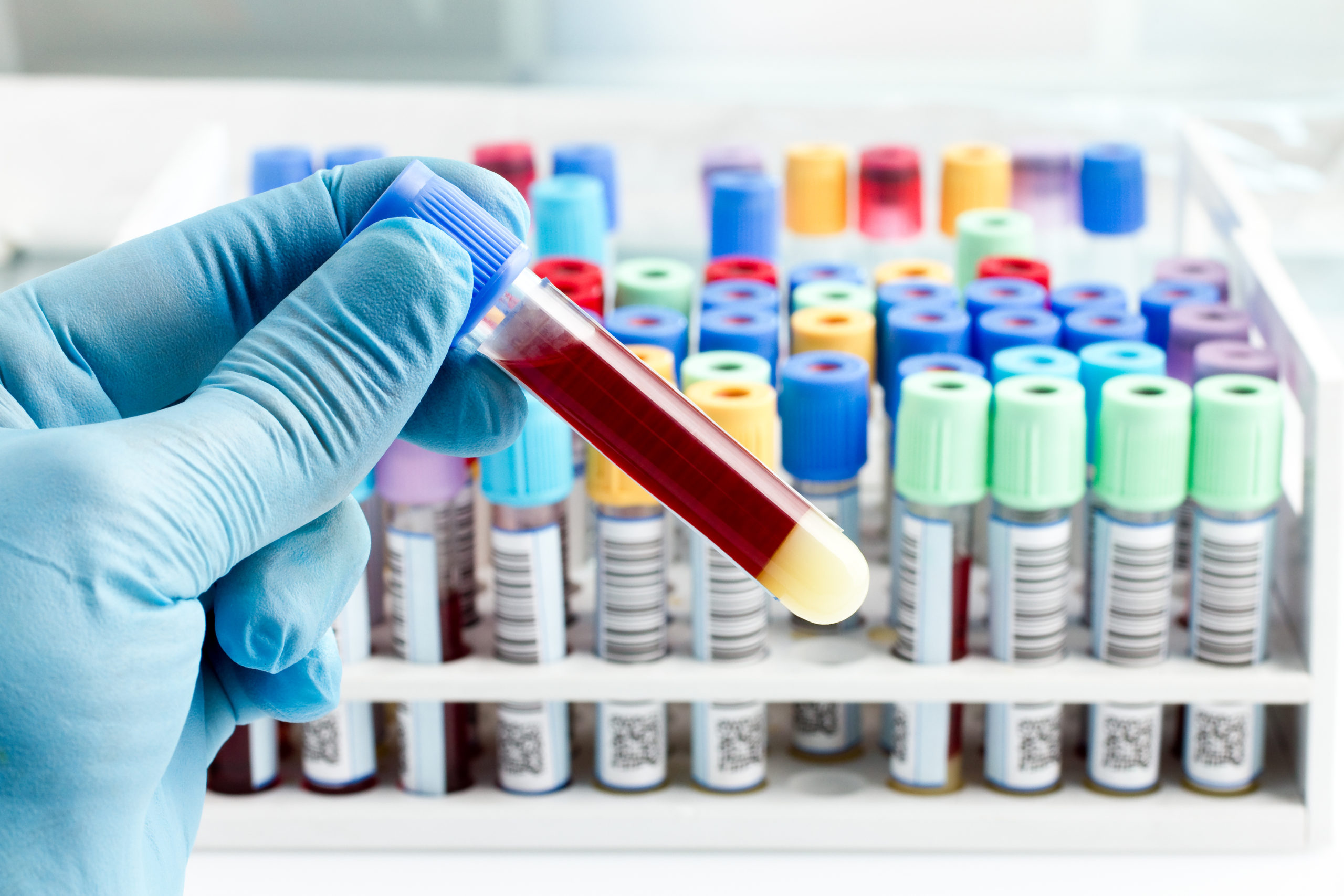Understanding Lab Work
Laboratory tests are used in cancer medicine in many ways from screening for cancer to helping to guide and monitor treatment. Lab tests also help to monitor a patient’s general health during treatment and to check for potential side effects of the treatment.
The liver cancer treatment team will conduct tests that help to best manage the patient’s care and monitor response to treatment and/or disease progression. Patients have the right to access and review their medical records, including lab results.

What are some questions to ask the doctor about laboratory tests?
- What will this test measure?
- Why is this test being ordered?
- Does this test have any risks or side effects?
- How should I prepare for the test?
- When will the test results be available?
- How will the results be given (a letter, a phone call, online)?
- Will this test need to be done more than once?
Categories of some common laboratory tests used in cancer medicine are listed below in alphabetical order.
Blood Chemistry Test
What it measures: The amounts of certain substances that are released into the blood by the organs and tissues of the body, such as metabolites, electrolytes, fats, and proteins, including enzymes. Blood chemistry tests usually include tests for blood urea nitrogen (BUN) and creatinine.
How it is used: Diagnosis and monitoring of patients during and after treatment. High or low levels of some substances can be signs of disease or side effects of treatment.


Complete Blood Count (CBC)
What it measures: Numbers of the different types of blood cells, including red blood cells, white blood cells, and platelets, in a sample of blood. This test also measures the amount of hemoglobin (the protein that carries oxygen) in the blood, the percentage of the total blood volume that is taken up by red blood cells (hematocrit), the size of the red blood cells, and the amount of hemoglobin in red blood cells.
How it is used: Diagnosis and monitoring during and after treatment
Tumor Marker Tests
What they measure: Some measure the presence, levels, or activity of specific proteins or genes in tissue, blood, or other bodily fluids that may be signs of cancer or certain benign (noncancerous) conditions. A tumor that has a greater than normal level of a tumor marker may respond to treatment with a drug that targets that market. For example, cancer cells that have high levels of the HER2/neu gene or protein may respond to treatment with a drug that targets the HER2/neu protein.
Unfortunately, tumor markers are not currently associated with hepatocellular carcinoma. However, biomarkers are frequently seen in cholangiocarcinoma and this is an important tool in the selection of an appropriate treatment regimen. Learn more about biomarkers and cholangiocarcinoma from Cholangiocarcinoma Foundation, learn more
How they are used: Diagnosis, deciding on appropriate treatment, assessing response to treatment, and monitoring for cancer recurrence.


